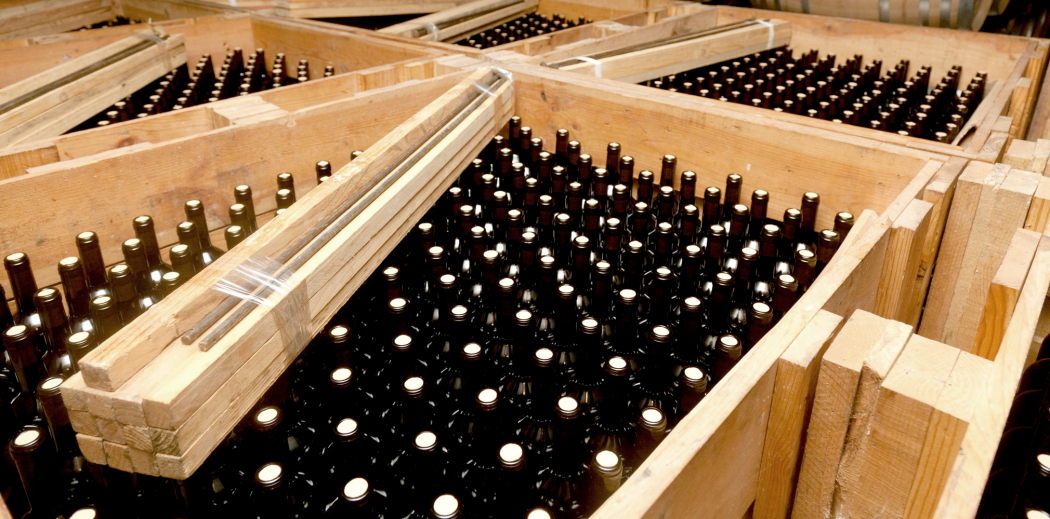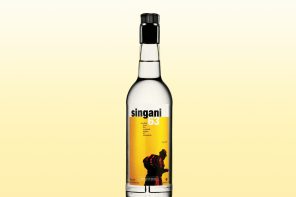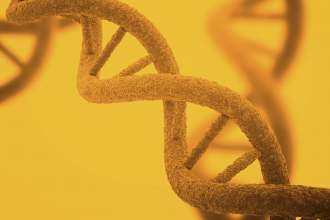“Bottle shock” is one of those words that tends to be thrown about by wine know-it-alls when they’re trying to act fancy, but is actually a very simple concept. The phenomenon is also known “bottle sickness” (which we think is hilarious) and typically occurs at two stages of a wine bottle’s life. The first is just after bottling when wine is shot into the bottle and gets tossed around. The second is just after wine has been traveling, typically from the winery to its distributor.
What actually happens to the juice is not fully understood from a scientific standpoint but it is widely accepted that bottle shock is real and that your wine can have a muted or tamped-down flavor as a result. But fret not! Bottle shock is by no means permanent and only requires a few days of resting to wear off. So if your wine was just flown in from Slovenia, definitely let it sit for a few days before popping it open.
This does prompt the question, though, of why wine needs to be decanted after it’s been opened. If it’s so important not to shake up your wine while it’s in the bottle, why is that the first thing we do once it’s been opened?
The difference is that with aerating wine (such as tossing it in a blender), the goal is to get as much air onto the juice as possible. This helps open up the wine so you can better taste its many flavors. With bottle shock, however, the problem is that there is not much air in the bottle, so instead you end up with wine that’s totally freaked out and insecure about the fact that it’s all bottled up (yes, wine has feelings too).
So unless your bottle has recently been traveling, it should be safe from any shocking shenanigans and you can feel free to drink on.








